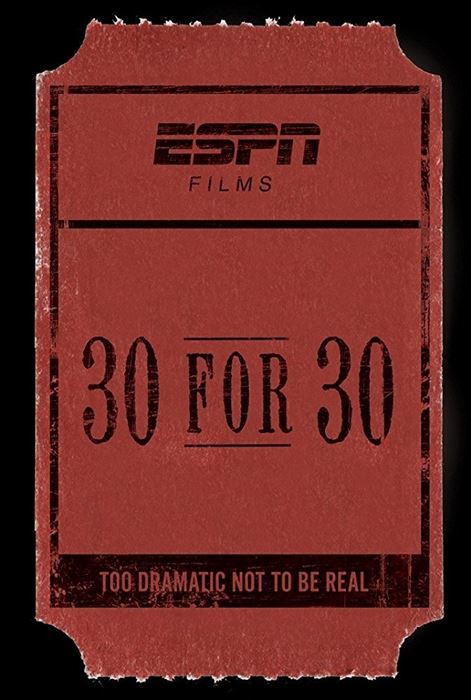The School of Communication and Media held one of its colloquiums on Feb. 15 where it welcomed Jenna Anthony, the associate director for documentary development at ESPN Films.
Anthony has served as producer, associate producer and creative producer for the company’s iconic documentary series “30 for 30.” While HBO ultimately gave life to sports documentary, “30 for 30” set a new standard for the art and Anthony was there from the beginning. She studied film at Syracuse University, graduating from there with a Bachelor of Arts degree. She even interned at ESPN during her junior year of college.
One of the standouts from the discussion was how much depth Anthony went into during the production process of the “30 for 30” films, mostly pitching ideas that would make good stories for a documentary. Unlike typical ESPN shows such as SportsCenter, “30 for 30” productions are much more feature based. They never cover breaking news stories and focus more on reflection than anything else. Typically they will wait about 15 years after an event happens to cover it. That way, they are able to go much more in-depth and look at stories from a much different perspective than one would at the actual time of the story.
An example of this is the most recent one, “30 for 30: The Two Bills,” where Anthony talked about the tension between Bill Belichick and Bill Parcells at the time. Because of the timing and angle they took, the interviewees were able to provide very different answers than they would have during the emotion of the conflict all those years ago. One of the series’ biggest goals currently is to take stories from the past and relate them to today’s issues. They find historical stories that are relatable to modern times.
Going further into the pitching phase, normally production will receive 15 pitches a week. Typically, there are two scenarios for a pitch. The first is a pitch from the director, where the two sides would sit down for a meeting and the director would propose their vision. The other is an inside pitch from the creators themselves, which they pitch to directors and find one who would be interested in directing the project. Development takes approximately a year and a half with no rush, allowing the directors to take their time.
As far as future “30 for 30” plans go, Anthony wants to keep evolving the brand. They have already tried incorporating “30 for 30” into other mediums, like shorts and podcasts, and they want to keep that going.
Furthermore, they want to appeal to not just sports fans, but movie fans as well. Anthony herself admits she is not necessarily a die-hard sports fan herself, but she is passionate about the storytelling of sports documentaries. She wants “30 for 30” to appeal to nonsports fans too, making sure that the series can be enjoyed by everyone.
As great as the overall presentation was, it was not strictly perfect, particularly in the beginning. There were many audio problems, including the microphones not working when the presentation began and voices not being heard clearly enough. But the biggest was when deafening noise came out of nowhere, making everyone cover their ears. Thankfully, all the problems were solved and it was smooth sailing from there on.
Anthony’s visit definitely lived up to everyone’s expectations going in, as attendees got to see an in-depth look into how “30 for 30” is produced and made as well as learning about the series’ future plans.
Furthermore, she was able to share her personal stories from working at “30 for 30” and give everyone a taste of what it takes to work in sports filmmaking.



